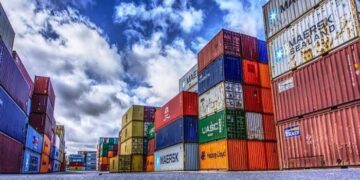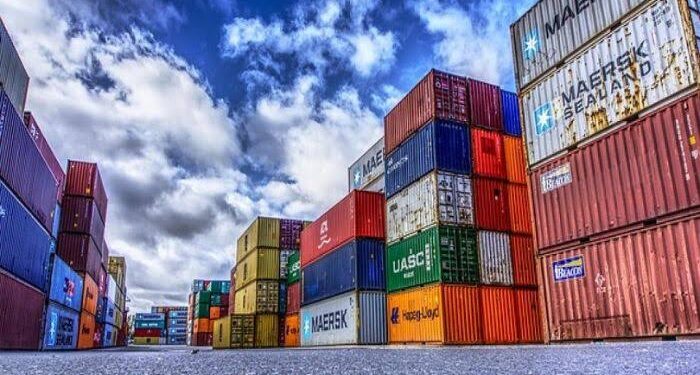By Emmanuel Nduka
The Nigerian Export Promotion Council (NEPC) has reported that the West African country exported 663 million metric tonnes of goods to 11 ECOWAS member states between January and June this year.
The Director-General of NEPC, Nonye Ayeni, disclosed this in Abuja on Sunday while presenting the First Half 2025 Non-Oil Export Performance Report. She noted that the figure reflects an increase compared to the same period in 2024.
Ayeni added that 488 million metric tonnes of goods, valued at $83.538 million, were also shipped to 21 other African countries outside ECOWAS during the period, representing a 2.59 per cent share of total export value, up from 1.96 per cent in 2024.
“This underscores the immense potential of the African Continental Free Trade Area (AfCFTA) for boosting intra-African trade,” she said. “Nigeria’s active participation in AfCFTA is opening opportunities for exporters and small and medium enterprises, while driving regional economic growth,” she added.
She commended the Ministry of Industry, Trade and Investment for its role in positioning Nigeria as a regional trade hub.
Leading Exporters
According to her, Indorama Eleme Fertiliser and Chemical Ltd and Starlink Global and Ideal Ltd retained their positions as the top two exporters, contributing 11.92 per cent and 8.82 per cent respectively among the top 20 export companies.
Ayeni said 29 banks processed export transactions during the period, with 10,214 Nigeria Export Proceed Forms (NXPs) opened for non-oil exports. Zenith Bank Plc led with 31.98 per cent of total NXPs, followed by First Bank Nigeria Plc (12.44 per cent) and Guaranty Trust Bank Plc (11.47 per cent).
On capacity building, she said the NEPC organised 252 training programmes for 27,352 participants nationwide in the first half of the year. The trainings covered documentation, export readiness, Good Agricultural Practices, warehousing, manufacturing, packaging, and labelling.
Export Infrastructure
The NEPC noted that 18 exit points were utilized for non-oil exports, comprising eight seaports, three international airports, and seven land borders. Seaports accounted for 94.15% of total export traffic, reaffirming their critical role in Nigeria’s export logistics.
The NEPC’s half-year report reflects Nigeria’s steady progress in diversifying its economy through non-oil exports and leveraging regional trade agreements to expand market access.
Nigeria’s key exports include crude oil, natural gas, and agricultural products like cocoa, sesame seeds, and cashew nuts. The country is a major global exporter of crude oil and natural gas, with the oil and gas sector dominating export revenue. Non-oil exports, such as agricultural products, are also growing, with cocoa being a significant contributor.




































